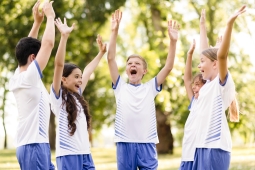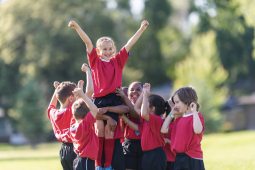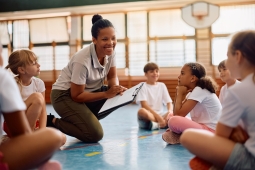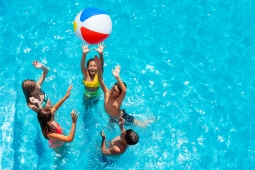Activating Schools as a Key Drive in Federal Sport Policy - A PHE Canada Advocacy Report
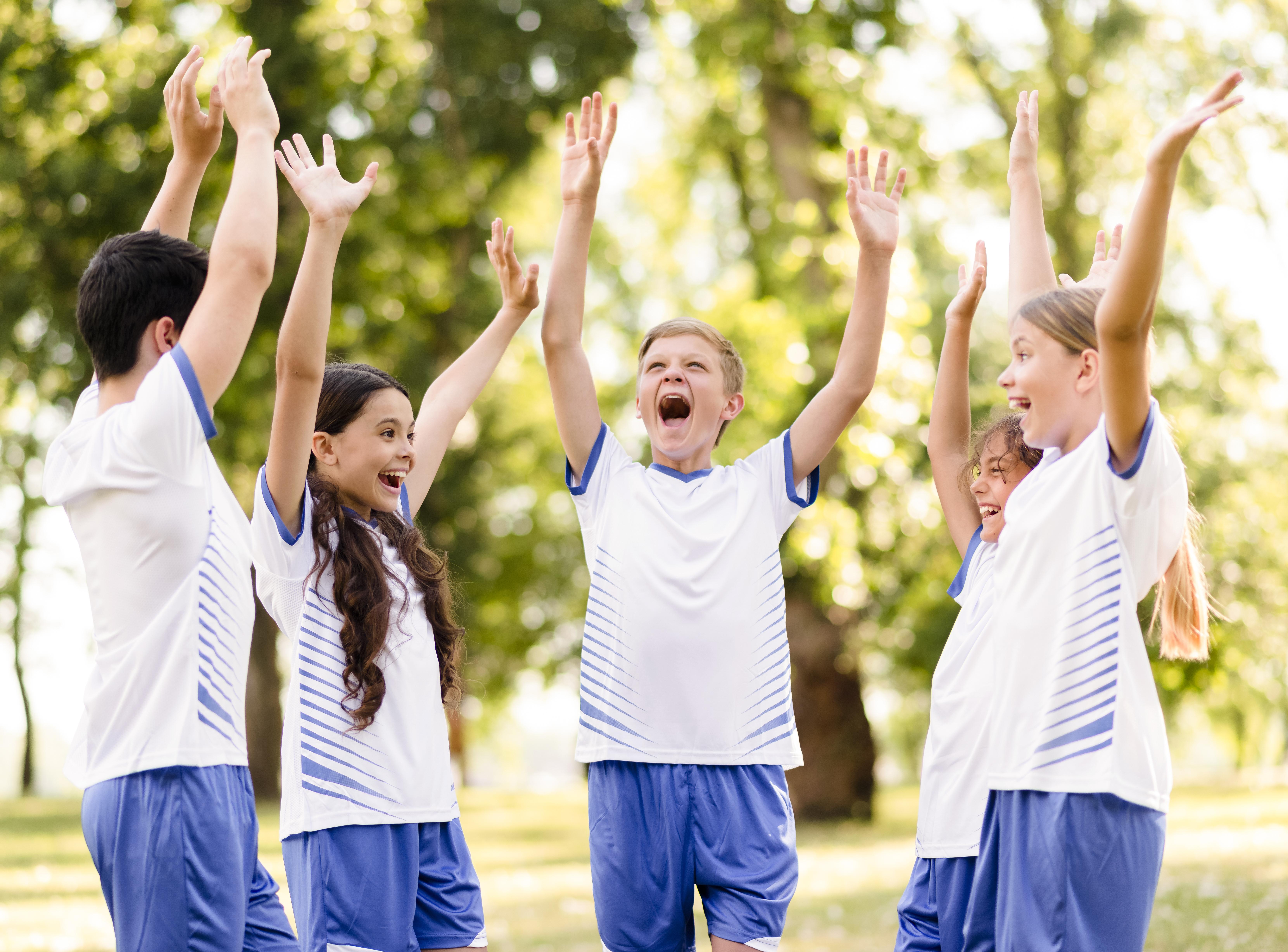
This advocacy report, prepared for the Future of Sport in Canada Commission, positions schools as a critical driver in shaping the future of Canada’s sport policy. It argues that school-based physical education and sport must be recognized not just as supplementary activities, but as foundational to participation, equity, development, and long-term excellence in Canadian sport.
2025 PHE Canada Advocacy Report for the Future of Sport in Canada Commission
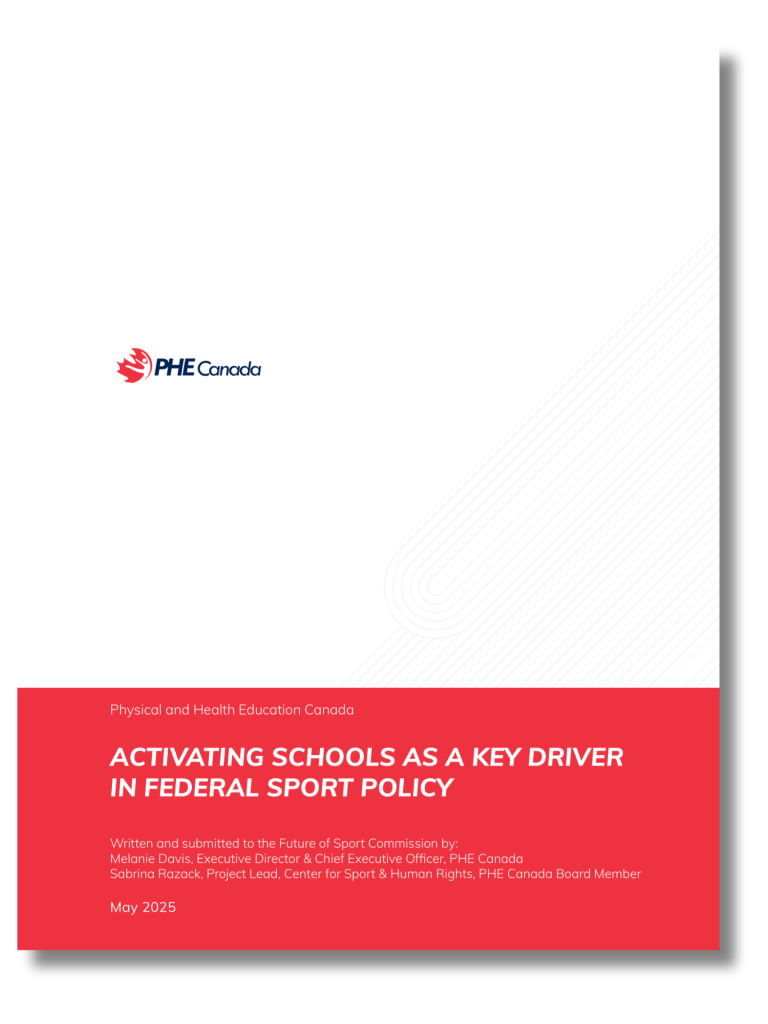
Read the 2025 PHE Canada Advocacy Report
The Future of Sport in Canada Commission interim report dropped today, and the opening words are a heavy truth -"the Canadian sport world is in crisis... “it is broken.”
Melanie Davis, Executive Director & Chief Executive Officer of PHE Canada
The Future of Sport in Canada Commission offers Canada a unique opportunity to reimagine its sport system by embedding schools at the heart of federal policy. While much of the national conversation has centered on high-performance sport, governance, and funding, this report underscores that schools are the most equitable and accessible entry point to organized sport for children and youth, particularly those in underserved, rural, or marginalized communities.
PHE Canada asserts that schools provide more than athletic development—they foster physical literacy, confidence, leadership, teamwork, and lifelong habits of movement. Yet, current school sport systems face deep inequities, underfunding, and fragmented governance, leaving many students without safe, inclusive, and consistent opportunities.
Drawing on a nationwide dialogue of educators, students, Indigenous knowledge holders, academics, and community partners, the submission identifies four federal leadership opportunities:
- Targeted Funding through Intermediaries to address disparities in infrastructure, equipment, and program access.
- Centralized Governance and School Sport Policies to ensure consistent standards, alignment with Safe Sport principles, and equitable participation across jurisdictions.
- A Coordinated Federal Strategy—including a Federal School Sport and Physical Activity Framework—to unite education and sport systems and close access gaps.
- Enhanced Teacher Preparation and Recognition to equip educators as skilled leaders in safe, inclusive sport and to sustain their vital role as teacher-coaches.
The report concludes with three urgent recommendations:
- Develop a coordinated federal strategy for school sport and physical activity.
- Invest directly in schools and intermediaries to expand inclusive, high-quality opportunities.
- Modernize the Physical Activity and Sport Act to fully integrate education as a pillar of Canada’s sport system.
By prioritizing schools, Canada can expand equitable access, strengthen community well-being, and ensure that sport is not just a privilege for the few, but a shared foundation for every student.



